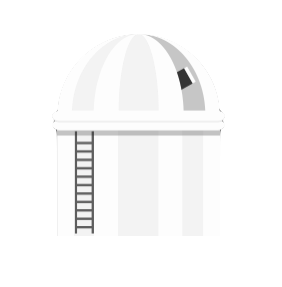Reducing AAT Archive Observations
MQ-AAO develops and supports various software packages supporting the users of its facilities, the control of its instrumentation and reduction of data obtained with MQ-AAO/ANU facilities. More information can be found here.
Which packages should I use?
Depending on the instruments used to collect the data you have downloaded, you will need some of the following packages/ programs:
- The 2dFdr package is our prime fibre-instrument data reduction package, used for AAOmega data (in 2dF, SAMI and KOALA modes) and HERMES, and the older Spiral and 6dF instruments.
- The Configure program is our fibre plate configuration program, used to prepare fibre configuration fields for 2dF (AAOmega and HERMES).
- The DRAMA package is the underlying API for most of our instrument software, and is used by various other observatories around the globe.
- The Figaro package is an older general purpose data reduction package.
2dfdr Data Reduction Software
2dfdr is an automatic data reduction pipeline dedicated to reducing multi-fibre spectroscopy data, with current implementations for AAOmega (fed by the 2dF, KOALA-IFU, SAMI Multi-IFU or older SPIRAL front-ends), HERMES, 2dF (spectrograph), 6dF, and FMOS.
https://www.aao.gov.au/science/software/2dfdr
Configure Software
The Configure software allows observers to prepare input files for the 2dF fibre positioner. It reads an ASCII formatted catalogue and allows observers to automatically or manually allocate fibres to targets using a graphical user interface. Binary files can be saved which are then used to set 2dF up for observing.
https://www.aao.gov.au/science/software/configure
DRAMA
DRAMA allows low level instrumentation software to be controlled from user interfaces running on UNIX, MS Windows or VMS machines in a consistent manner. Such instrumentation tasks can run either on these machines or on real time systems such as VxWorks.
https://www.aao.gov.au/science/software/drama
Figaro
Figaro is a data reduction system that originated at Caltech and whose development continued at the Anglo-Australian Observatory. Although it is intended to be able to deal with any sort of data, almost all its applications to date are geared towards processing optical and infra-red data. Figaro was originally written to run under DEC's VMS operating system, but is now available both for VMS and for various flavours of UNIX.
